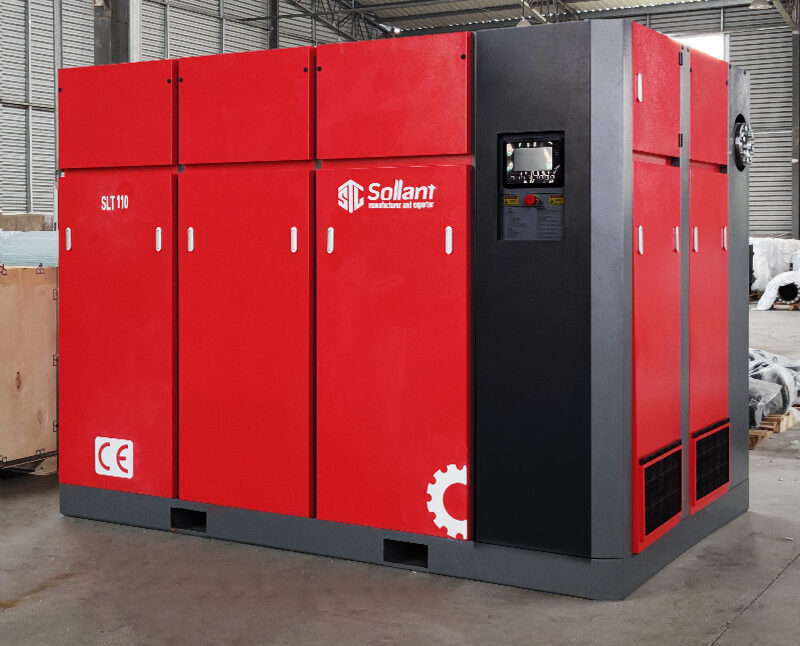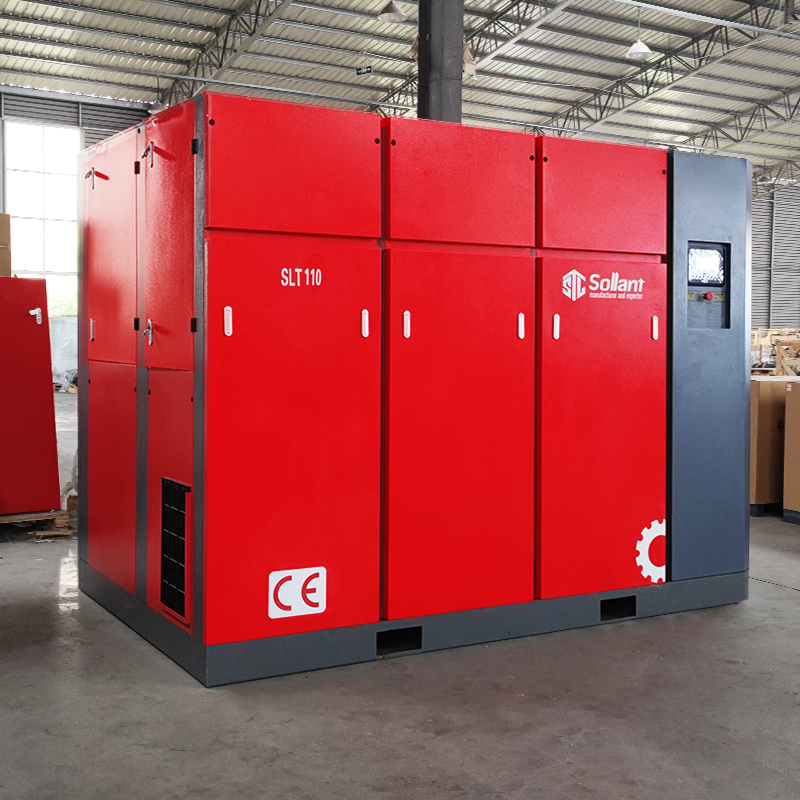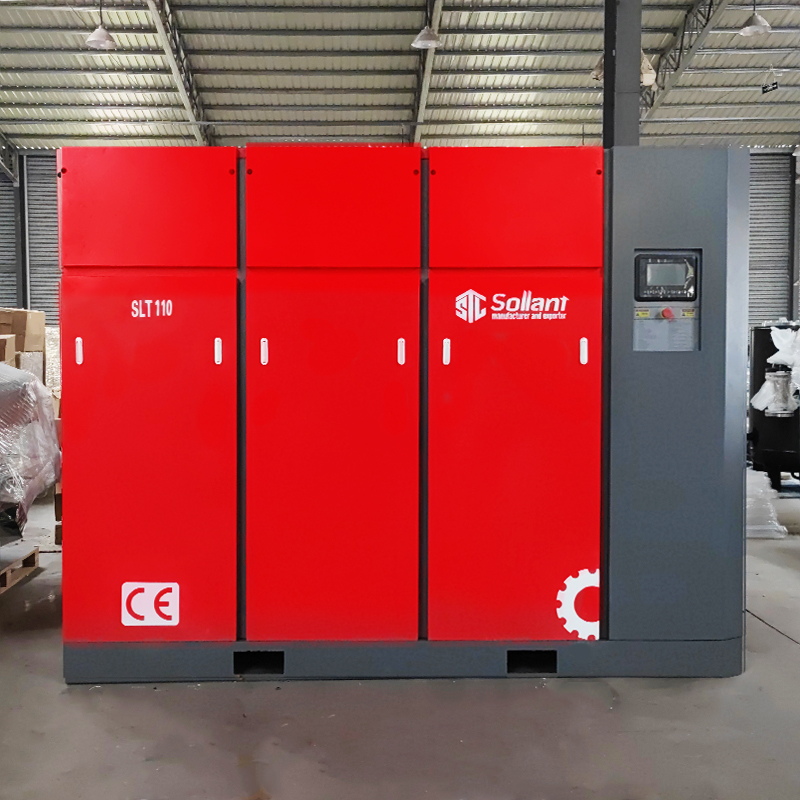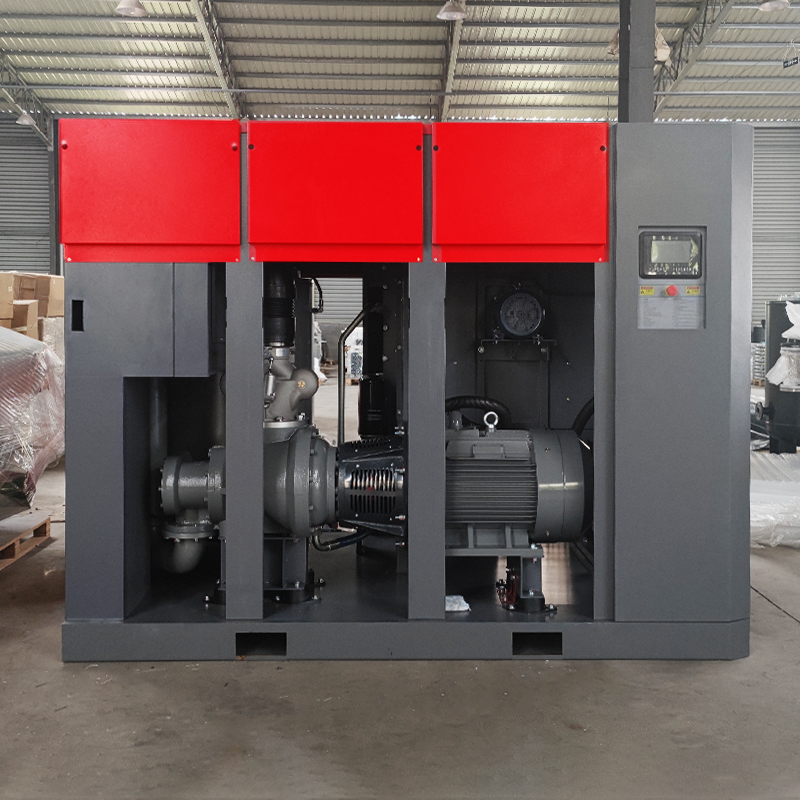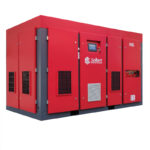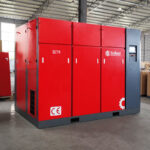Air compressor overload is a common issue that can result in equipment shutdowns, reduced efficiency, and even damage to the machine. Understanding the causes of overload is essential for maintaining optimal performance and preventing costly downtime. In this article, we’ll explore the primary reasons for air compressor overload and provide insights on how to avoid them.
1. Blocked Air Filters
A clogged air filter is one of the most common causes of air compressor overload. Over time, dust and debris accumulate in the air filter, restricting airflow. This forces the compressor to work harder to draw in the required air, increasing the load on the motor. The excess strain can lead to overheating and eventual overload.
Solution: Regularly inspect and clean or replace air filters to ensure proper airflow and prevent blockages that lead to overload.
2. High Ambient Temperature
Air compressors are designed to operate within a specific temperature range. If the ambient temperature is too high, the compressor’s cooling system may struggle to dissipate heat effectively. This can lead to overheating, causing the compressor to trip or shut down due to overload.
Solution: Ensure the compressor is placed in a well-ventilated area and away from heat sources. Install fans or additional cooling systems if necessary to maintain the appropriate operating temperature.
3. Improper Lubrication
Lubricating oil plays a crucial role in reducing friction between moving parts in the compressor. If the oil level is too low or the oil is degraded, the compressor’s components experience increased friction, which forces the motor to work harder and can lead to overload.
Solution: Regularly check the oil level and replace lubricating oil as needed. Use the manufacturer-recommended oil for your specific air compressor model.
4. Incorrect Motor Sizing
If the motor size is not appropriate for the compressor’s workload, it can cause the motor to become overworked. An undersized motor will struggle to meet the demands of the compressor, leading to excessive heat generation and eventually causing the motor to overload.
Solution: Ensure that the motor is properly sized for the compressor’s workload. Consult with a technician to determine the correct motor size based on your compressor’s capacity and operational requirements.
5. Excessive Pressure Settings
Operating the air compressor at pressure levels higher than its design can lead to overload. Compressors that are set to generate more pressure than required will place undue strain on the motor, causing it to work harder than necessary. Over time, this can lead to motor overload and system failure.
Solution: Always set the pressure levels according to the manufacturer’s recommendations and ensure the compressor is not running above its maximum rated pressure.
6. Air Leaks in the System
Air leaks in the compressor system cause a constant loss of air, which makes the compressor run continuously to maintain pressure. This constant operation can put excessive stress on the motor, leading to overheating and eventual overload.
Solution: Regularly inspect the entire air system for leaks, particularly around joints, valves, and hoses. Fix any leaks immediately to prevent overload caused by overworking the compressor.
7. Faulty Electrical Components
Faulty electrical components such as a damaged capacitor, relay, or motor contactor can also cause overload. These components are essential for ensuring smooth motor operation, and any malfunction can result in abnormal current flow, overheating, or compressor shutdown.
Solution: Schedule regular electrical system inspections to detect any issues with wiring, capacitors, or other electrical components. Replace damaged parts as soon as they are identified.
8. Excessive Moisture in the System
High levels of moisture in the compressed air system can increase the load on the compressor. When moisture accumulates, it can lead to corrosion, clogs, or blockages within the system. The compressor must work harder to push air through, resulting in overload.
Solution: Install moisture traps or dryers to remove excess water from the compressed air system and prevent moisture-related issues.
9. Overuse or Long Operating Hours
Running an air compressor for long periods without giving it time to cool down can cause the motor to overheat. Continuous operation without breaks can lead to motor burnout and overload.
Solution: Schedule regular breaks for the compressor to cool down, especially during extended periods of use. Ensure the compressor is properly maintained to handle longer operating hours if required.
Conclusion
Air compressor overload can be caused by various factors, from blocked filters and high temperatures to improper lubrication and electrical faults. Regular maintenance, proper usage, and monitoring of key components can help you avoid overload and keep your air compressor running smoothly. By addressing these common causes, you can extend the lifespan of your compressor, prevent downtime, and maintain optimal performance.

